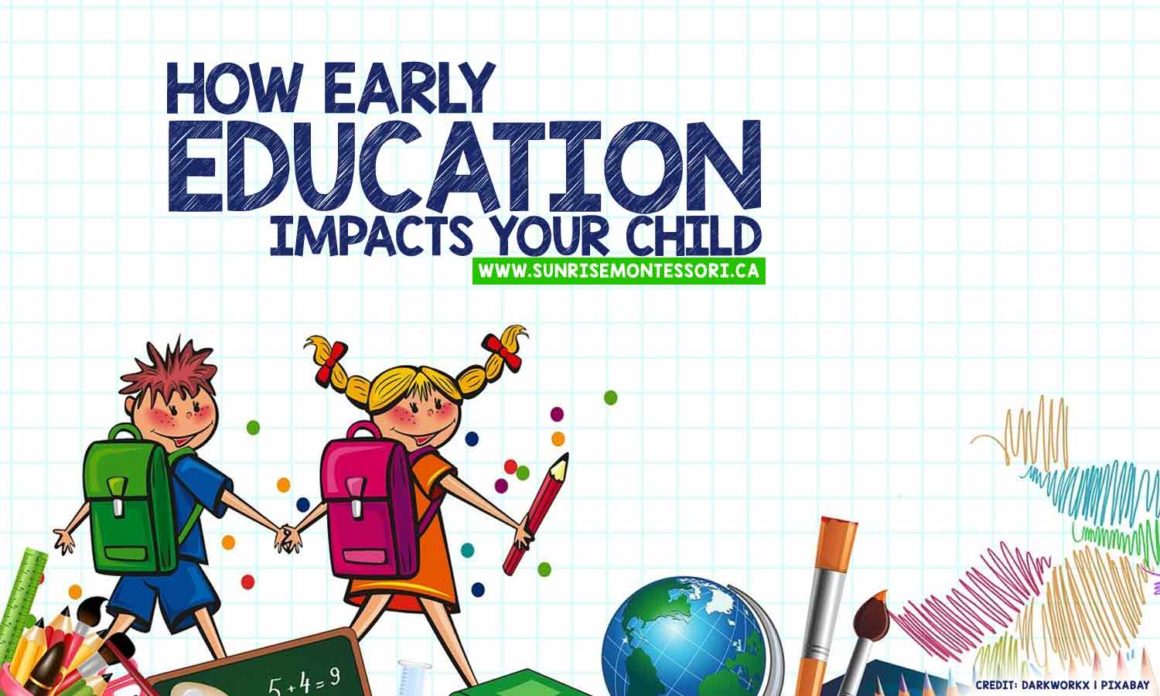As a parent, we understand that you want only what is best for your child, especially when it comes to education. Children are naturally curious because they want to explore and learn new things. Your child’s brain is like a sponge during their early years. They are ready to absorb new information crucial for their physical, emotional, social, and cognitive development. Early education for your child aids in their development and helps build their confidence, equipping them with the necessary tools to succeed in primary school and beyond.
Here is what the United Nations Educational, Scientific and Cultural Organization (UNESCO) has to say about how early education impacts your child:
“Early childhood care and education (ECCE) is more than preparation for primary school. It aims at the holistic development of a child’s social, emotional, cognitive, and physical needs in order to build a solid and broad foundation for lifelong learning and wellbeing. ECCE has the possibility to nurture caring, capable, and responsible future citizens.”
Preparing Your Toddler for Preschool
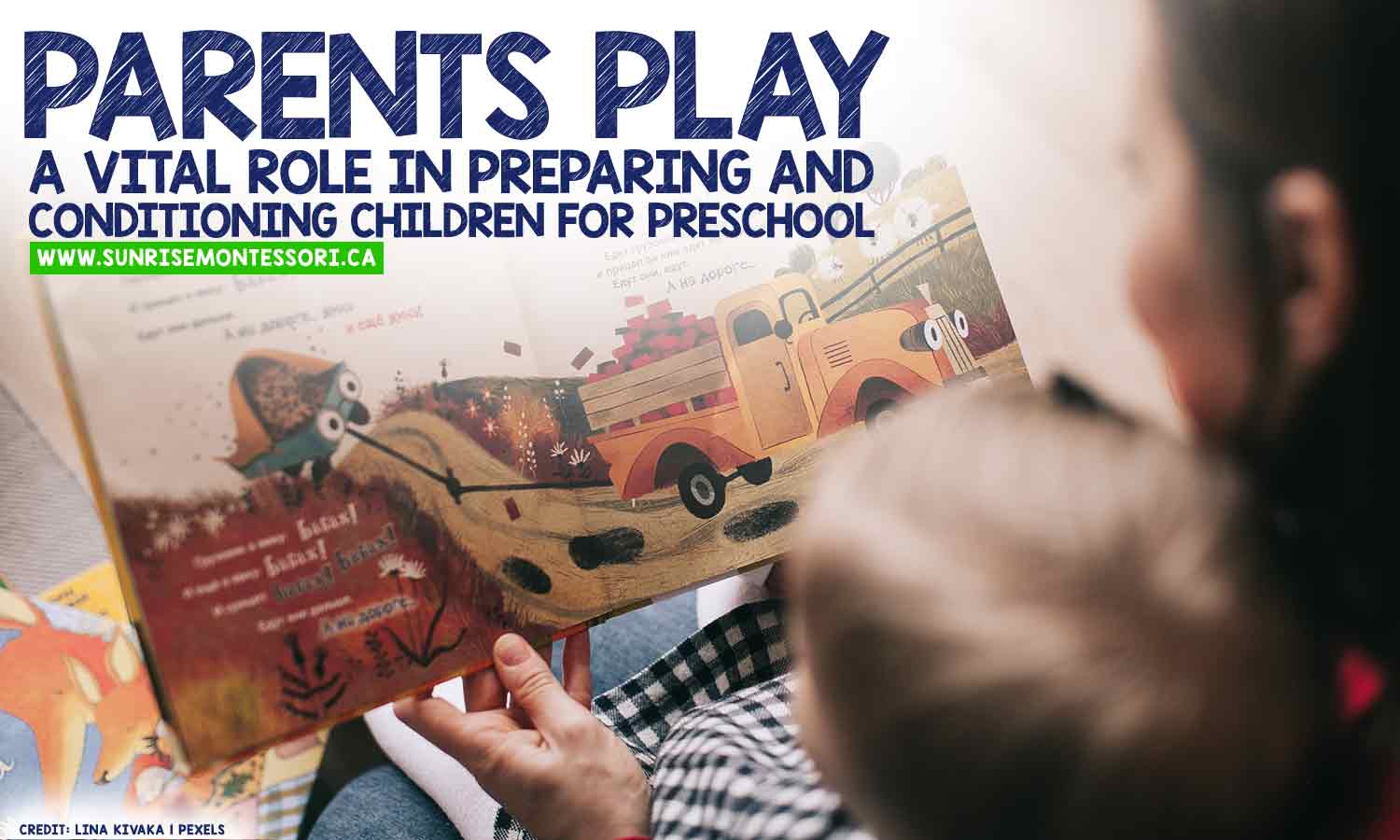
Starting preschool is an exciting milestone for childhood. It usually signifies the start of a new phase in the development of a child. Attending a toddler program helps your child socialize with other children of the same age, make new friends, acquire new skills, and gain confidence and independence. As a parent, you have an important role in preparing your toddler for this new experience.
Here are several helpful ideas you can do to prepare your young one for preschool:
- Keep your child informed. Your child may experience feelings of mixed emotions, such as excitement and apprehension. A child can naturally feel nervous about going to school, especially if it is their first time. Talk to your child about preschool, but keep conversations casual to ensure that your child does not feel overwhelmed. You can also share your positive experience going to preschool as a child.
- Read books. Spend some time reading books about preschool, such as “Maisy Goes to Preschool” by Lucy Cousins and “Little School” by Beth Norling. Explain the story and the feelings experienced by the characters. Allow your child to ask questions or share any feelings they may have.
- Get into a routine. Before the start of preschool, help your child to slowly adjust to new sleeping and eating schedules to ensure a smooth transition and make them feel more comfortable when school finally starts. This will help your toddler get ready in the morning without turning it into a daily struggle.
- Go for a visit. Find out if your child’s preschool holds an orientation for new students. If not, simply call them to schedule a visit and meet your child’s teacher a couple of days ahead of time. Bring along your child and show their class schedule. Tell them what they can expect from their class.
Preschool is a time for your child’s tremendous growth and development. Preparing your little tot helps make the entire transition a confidence-building experience for you and them.
How Your Child Benefits from Early Education
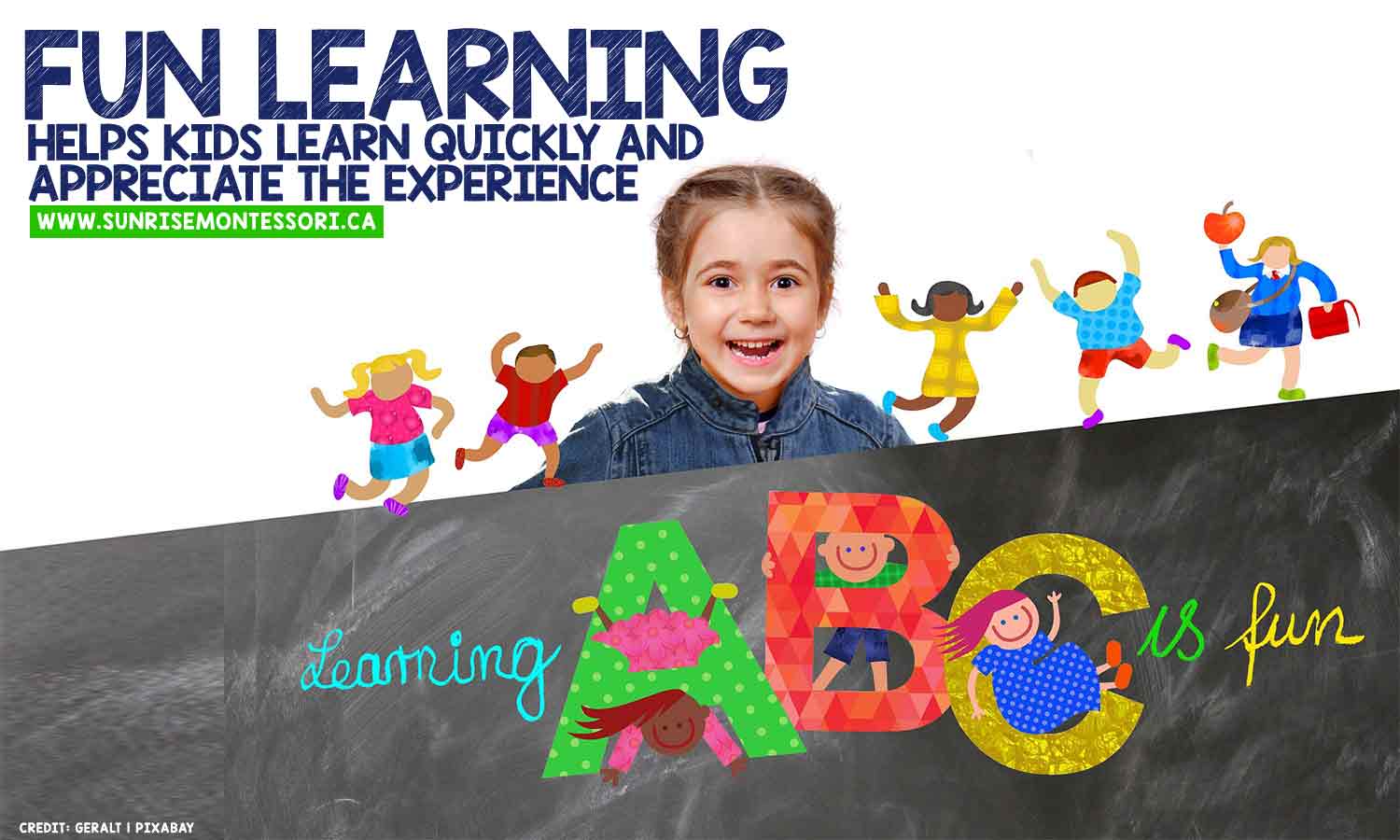
Early childhood education plays a significant factor in your child’s development and future success. This important milestone gives them new experiences and learning and allows them to explore their skills and personality.
Early childhood education gives children the opportunity to:
- Develop good habits
When your child gets used to daily routines, it will make them feel safe and secure. Daily routines should include healthy habits, such as brushing their teeth twice a day and washing their hands before and after eating. This also helps your child take charge of simple day-to-day activities, like taking a bath on their own and getting dressed.
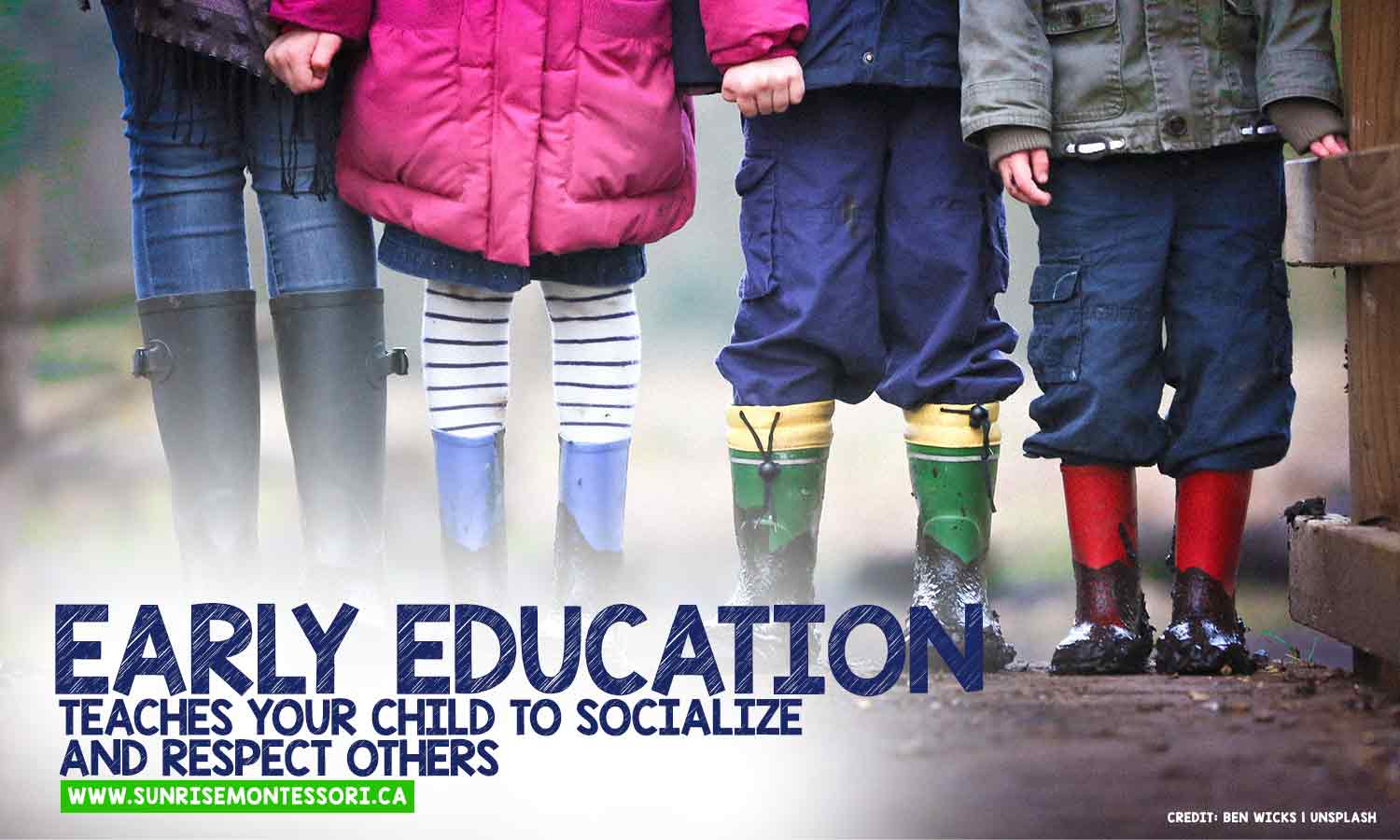
- Increase social development
Social skills aid in the development of your child’s personality. Early education helps your tot to develop social relationships with other children in the group. This also teaches your child to foster an understanding of how they can relate with others by working together and respecting boundaries and limitations as they navigate their way around the classroom. Young children learn social skills by interacting and cooperating with others in the classroom.
- Develop literacy and numeracy skills
The development of literacy and numeracy skills is essential for your child’s educational foundation. Both skills have a dramatic impact on the success of their academic standing later in life.
Literacy and numeracy take more than just reading, writing, and counting. Literacy skills can be developed by listening to stories, drawing shapes, and talking about pictures. Numeracy skills can be learned through singing or playing music.
- Encourage critical learning
Children pursuing a challenging task can sharpen their critical thinking skills. Encouraging critical learning helps your child become a good problem solver.
- Develop emotional resilience
In addition to enhancing social skills, early childhood education also helps develop your child’s emotional resilience. According to a study, children aged two to three attending childcare are more attentive and better able to deal with their emotions.
How the School Environment Affects Your Child’s Learning
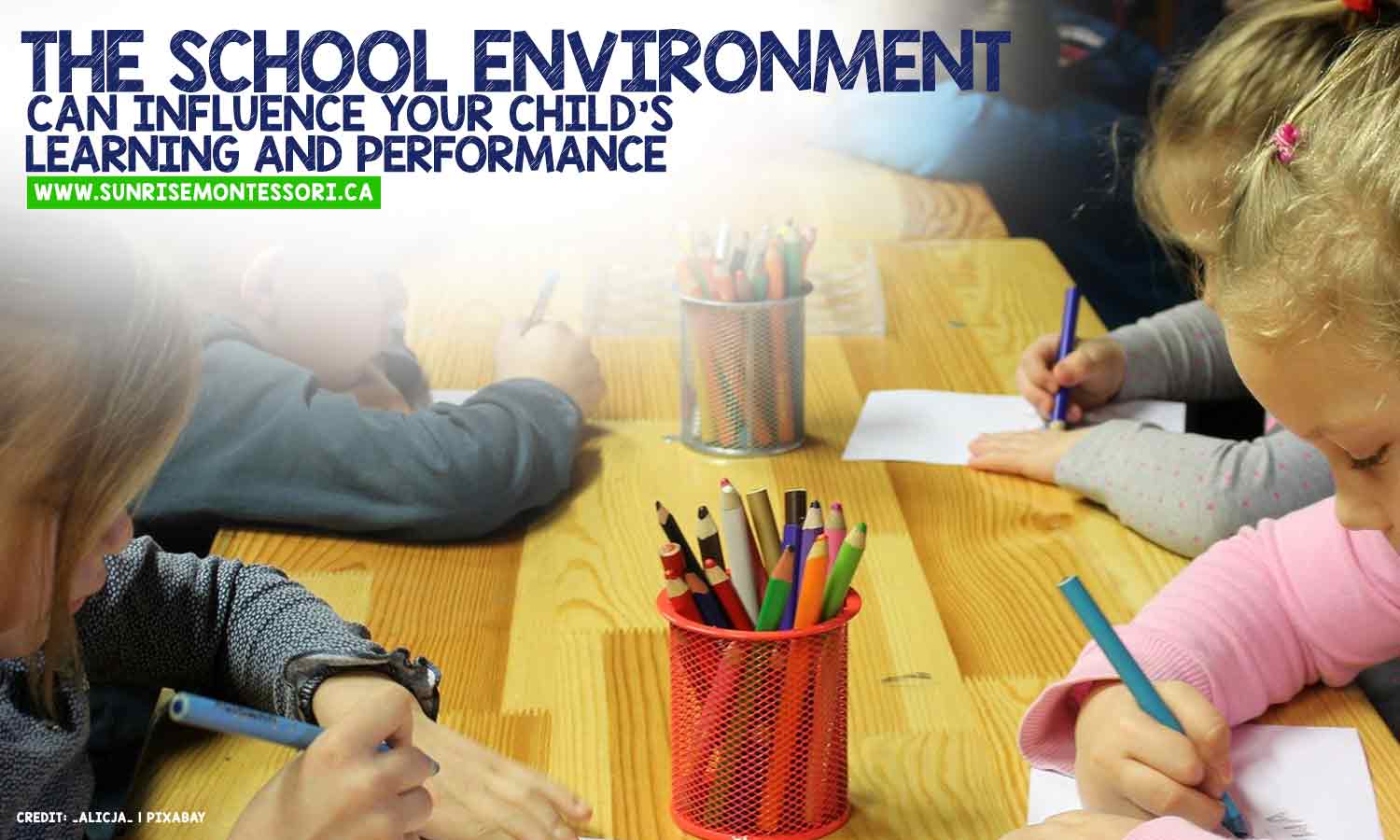
Many studies reported that children are more likely to learn and do better in positive environments. The school environment can affect a child’s learning and academic performance. A positive and supportive school environment can give children a sense of belongingness and trust, as well as encouragement to take on challenges and risks.
Here are the elements to look for in a positive learning environment:
- Safety
The school is your child’s second home, making it crucial for children to feel safe, both physically and mentally. Schools must cater to the physiological and psychological aspects of their students. A safe and positive learning environment should make students feel welcome, supported, and respected.
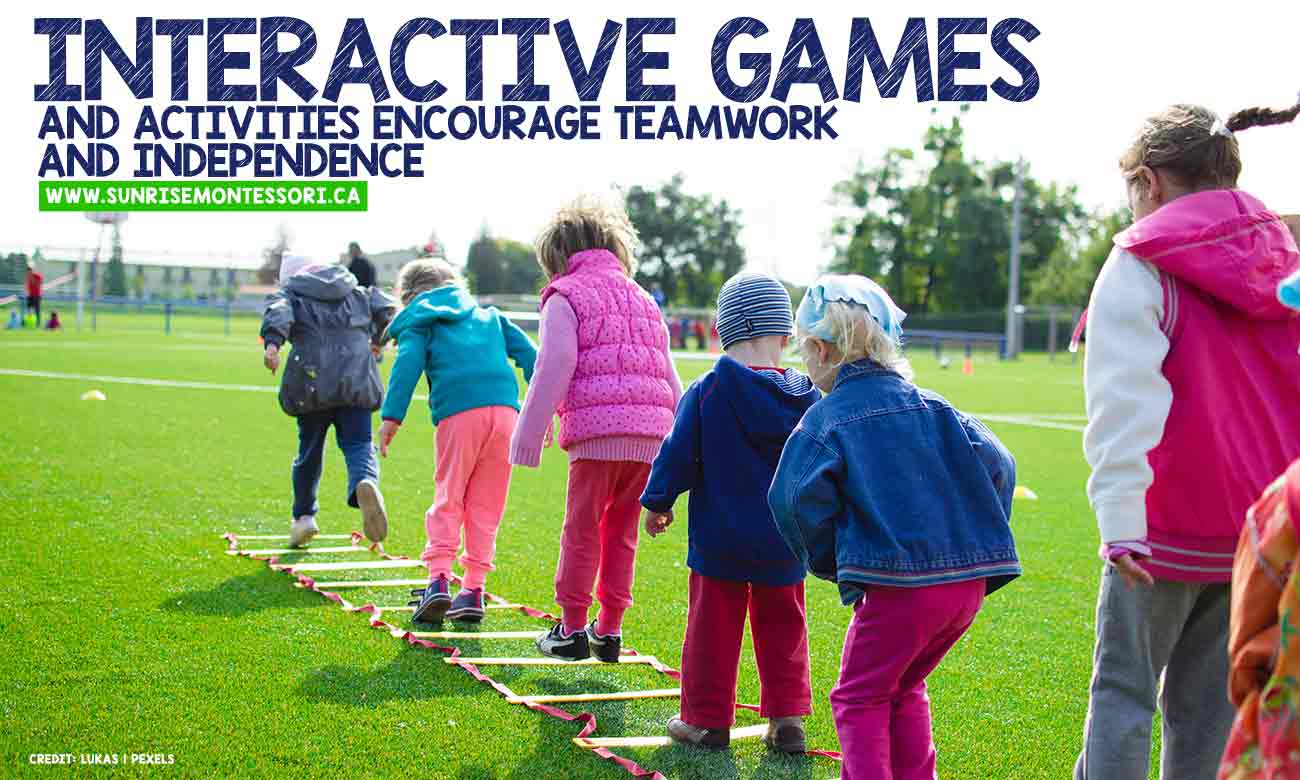
- Interactive games and activities
An effective learning platform promotes strong interaction and collaborative learning culture. Teachers should maintain a healthy relationship with the children. Encouraging group activities, such as non-competitive games and activities, breaks the ice and injects fun into the learning session. Such activities help establish communication and cooperative learning structures, as well as a collaborative working environment. It also gives new and shy children a sense of belonging.
- Support
A healthy learning environment should make every student feel supported by their teachers and fellow students. All parties should share a clear understanding of the importance of a supportive learning establishment and work together for that common goal.
The impacts of early childhood education cannot simply be underestimated. Make sure to start investing in your child’s education as early as you can. Choose the best learning institute that will support your little child socially, physically, psychologically, and intellectually.
Sunrise Montessori School is a private school in Markham that offers high-quality learning programs to support your child make the most of these pivotal years. Our classes and programs include:
- Infant Program for 0 to 18 months old
- Toddler Program for 18 months to 2.5 years old
- Casa Program for 2.5 to 6 years old
- French Immersion Casa Program for 2.5 to 6 years old
- Elementary Program for 6 to 13 years old
- Summer Camp Program for 2.5 years old and older
- After School Program for 2.5 years old and older
Call us at (905) 477-2833 to learn more about our learning programs.

